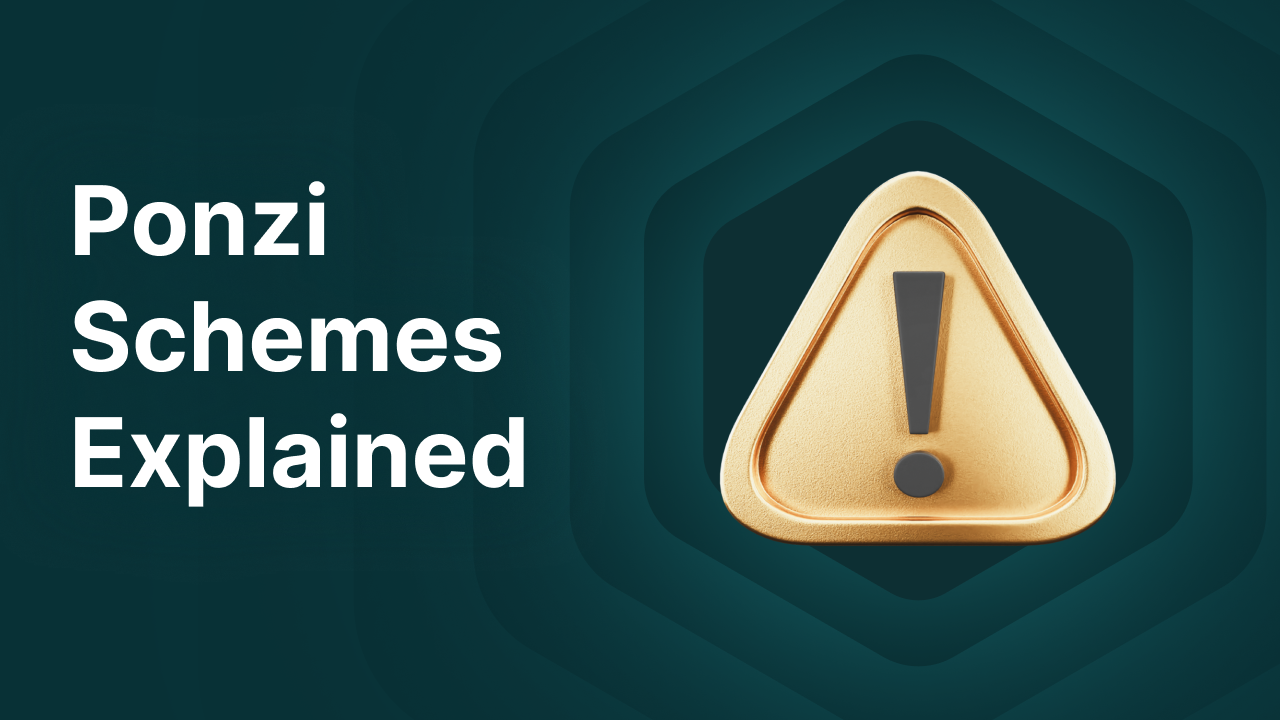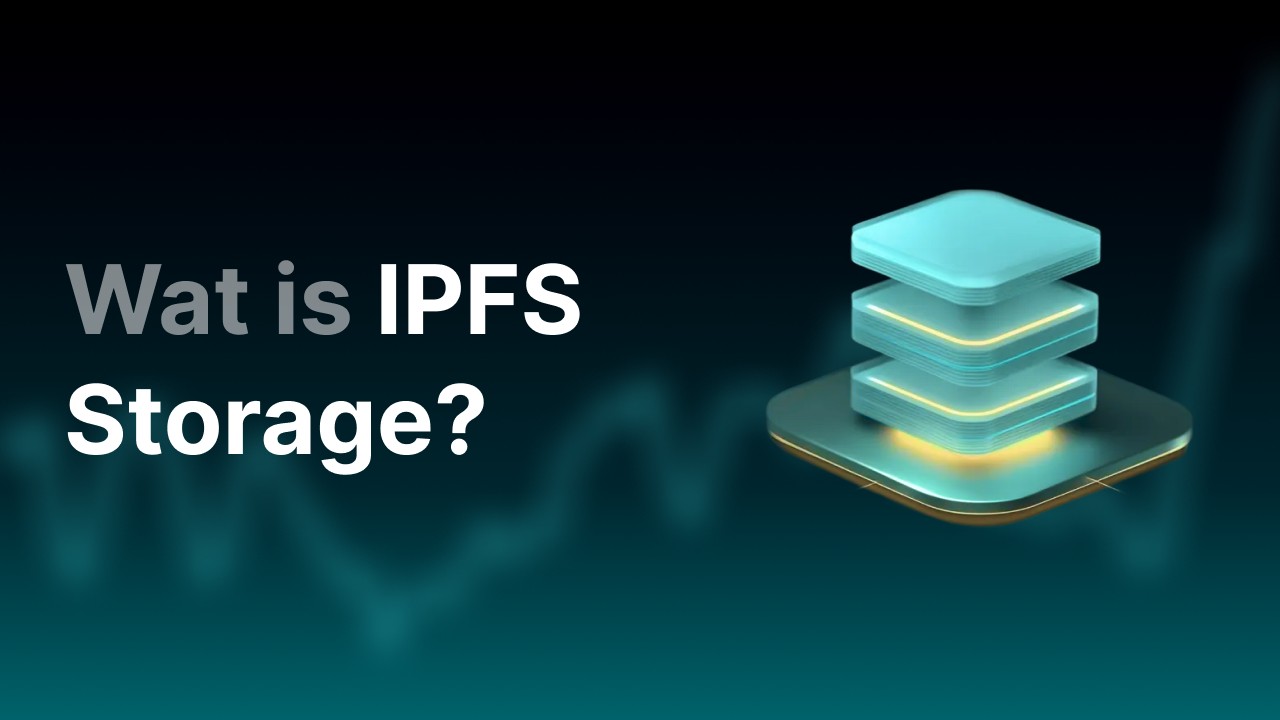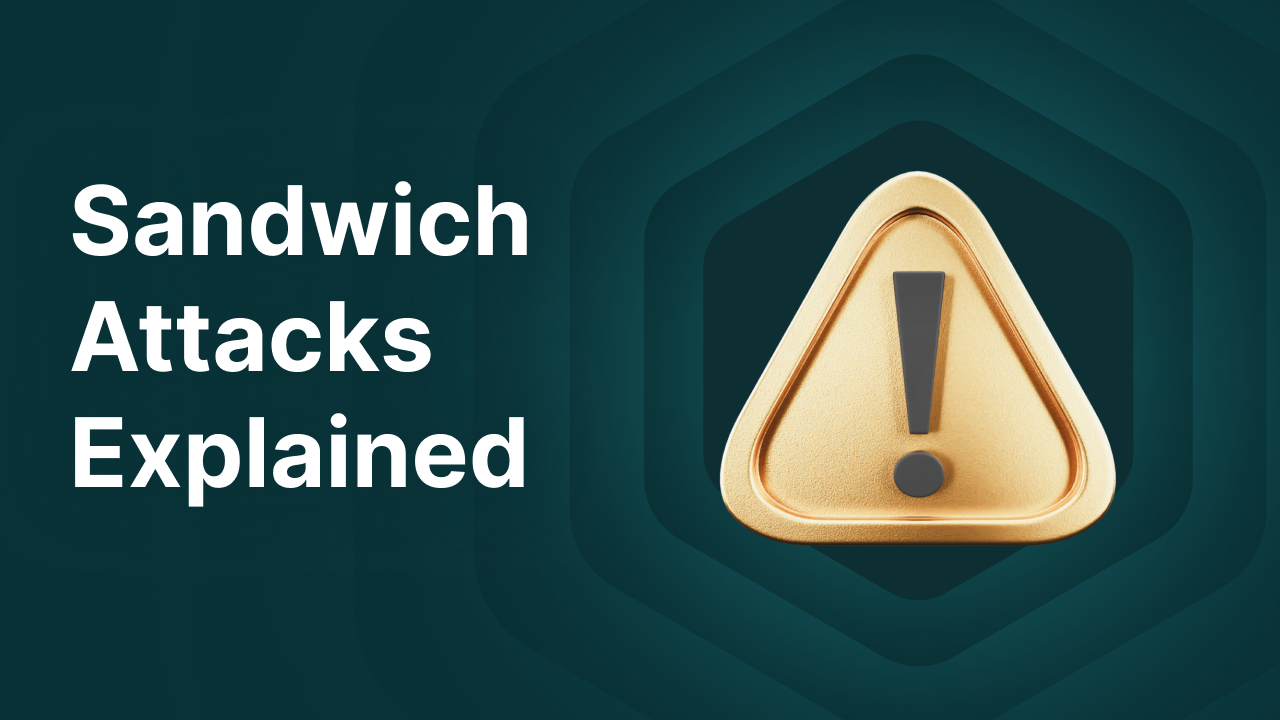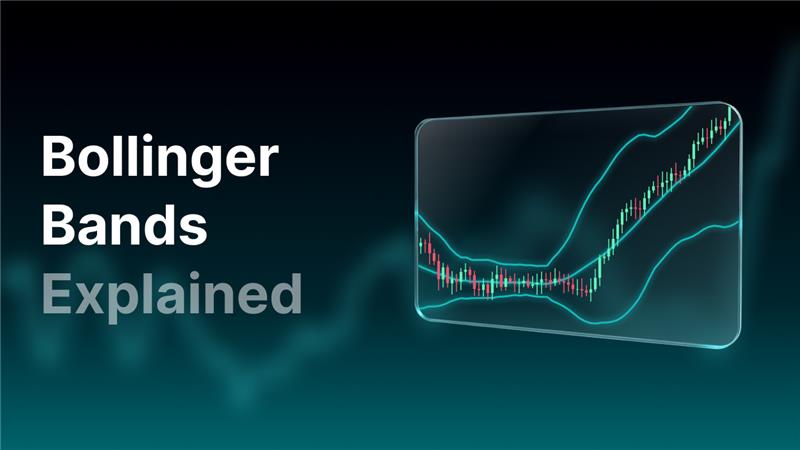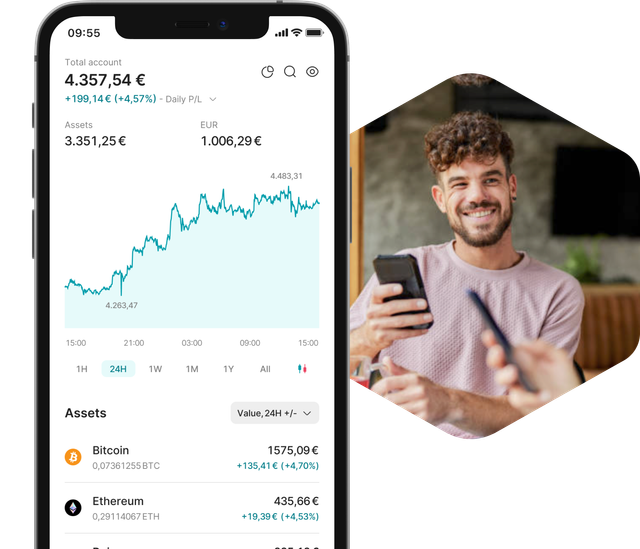What is a DAO (Decentralized Autonomous Organization)?
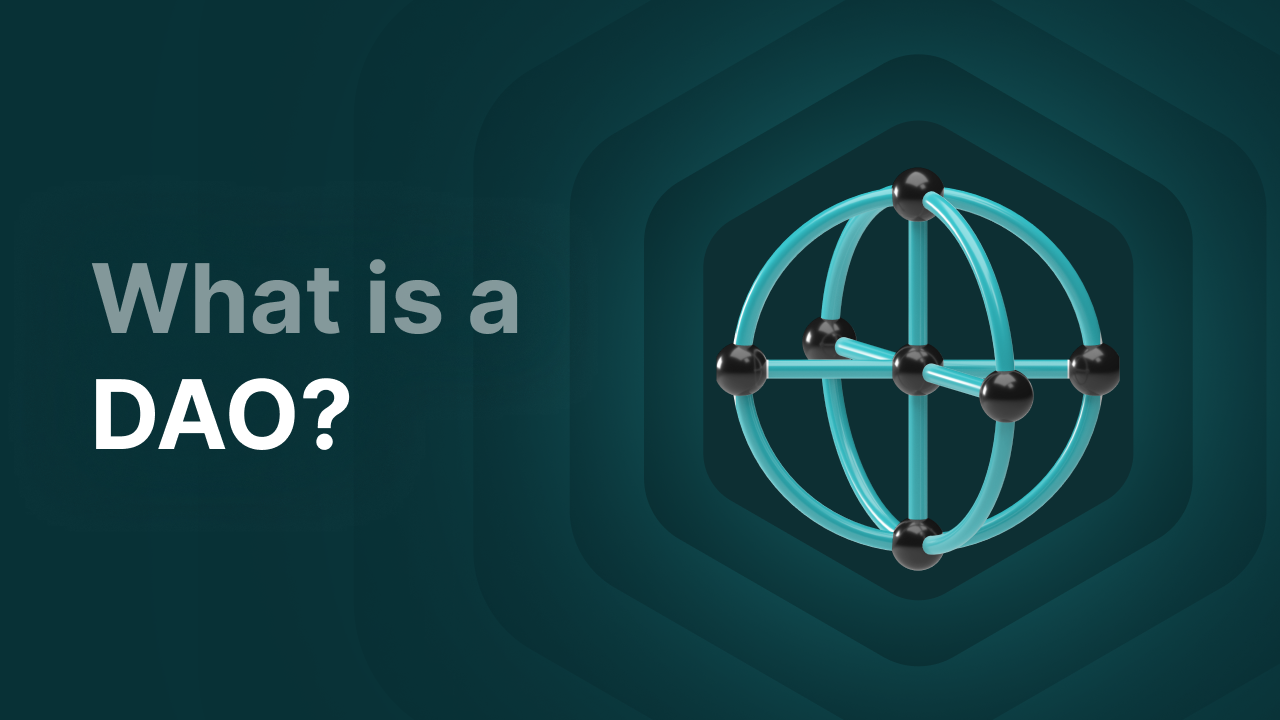
What is a DAO?
DAO stands for Decentralized Autonomous Organization. A DAO is an organization that is fully or partially managed by decentralized computer programs, where voting and finances are handled through a decentralized ledger such as a blockchain.
In a typical organization, there is almost always a governing body. Companies hire people for this purpose, and they make central decisions about all kinds of things. A DAO works differently: here the rules are set in smart contracts. These rules are decided by the stakeholders within the DAO who hold voting rights. This is then recorded on the blockchain so it cannot be altered. In short: the entire organization is run from a decentralized perspective. No one is the boss, and everyone can vote.
Key Takeaways
- A DAO is an organization without a boss, where decisions are made by token holders via the blockchain. Everything operates through voting rights.
- Rules are encoded in smart contracts that cannot easily be changed.
- The more governance tokens you hold, the more voting power you have.
- DAOs are transparent and operate completely decentralized.
- Bugs in the code or legal uncertainty can pose significant risks.
What Do You Need for a DAO?
A DAO (Decentralized Autonomous Organization) is a way to make decisions together without a central leader. But how do you get started?
- Clear goal: What do you want to achieve? For example, investing together or managing a community.
- Choose a blockchain: Ethereum is popular, but there are cheaper alternatives too (like Arbitrum or Polygon).
- Smart contracts: These manage voting, payments, and other actions.
- Governance token: This grants voting rights within your DAO.
- Community & voting: Build an active community (e.g., via Discord) and let members vote on decisions.
- Test & start small: Test your DAO on a testnet before going live.
How Does a Decentralized Autonomous Organization Work?
Within a DAO, decisions are usually made based on voting. Most DAOs use a governance token (a token that grants voting rights). The more tokens you hold, the more voting power you have.
All the rules of the DAO are recorded in a smart contract. It specifies exactly how the organization operates: how votes are cast, who can do what, and what happens when a proposal is approved.
Such a contract is immutable. Once it goes live, you cannot change it without starting over. That’s why it’s important to get it right from the start.
Once the smart contract is active, people can acquire governance tokens, for example, through a sale (ICO/IEO) or distribution to members. These tokens not only give voting rights but also finance the DAO: from developers to community projects.
The idea behind a DAO is simple: the platform belongs to everyone who participates. And as long as the blockchain exists, the DAO continues to exist, fully autonomous.
Advantages of a DAO
A DAO (sometimes called a decentralized autonomous organization) offers several advantages compared to a centralized organization. One of these is that anyone within the organization can contribute innovative ideas. Every idea is democratically voted on; if members think it’s a good idea, the proposal is accepted and executed. DAOs are also completely transparent. All business activities and goals are visible on the blockchain. Everyone can participate.
Disadvantages of a DAO
Although DAOs offer many benefits, there are also important drawbacks to consider.
A major downside is that smart contracts cannot be easily changed. If you want to modify something, it has to be done through the community. So if there’s a bug in the contract, it can have serious consequences.
A simple example of when things went wrong is on the well-known Ethereum network. The so-called 'The DAO' project was one of the first DAOs launched with the aim of creating an investment fund. Because there was a bug in the smart contract, someone managed to steal millions of euros worth of Ether. Due to the severity of this bug, it was decided to fork Ethereum (a kind of split of the Ethereum network). This is why today we have both Ethereum Classic and Ethereum. The current Ethereum is the network where this bug was rolled back.
Another disadvantage is legal uncertainty. DAOs are cross-border and often entirely digital, while laws are still designed for traditional organizations. This can make it unclear whether a DAO is legally valid and who is responsible if something goes wrong. This creates risks, although regulations are expected to better adapt to this new organizational form in the future.
The Difference Between a DAO and a Traditional Company
In a traditional company, there is usually a boss, a management team, and maybe shareholders. The management decides the company’s direction, and shareholders have voting rights on major decisions. Think of matters like hiring staff, cutting costs, or issuing more shares to raise money. The management then executes what the shareholders decide.
But sometimes managers and shareholders don’t agree. In that case, interests need to be balanced, and usually, ordinary employees have little to no say. This is a downside of the traditional company structure: decisions lie in the hands of a small group.
In a decentralized autonomous organization, it works differently. You decide based on how many governance tokens you hold. Suppose there are 100 tokens total and you have 1, then you have 1% of the voting power. Everyone with tokens can submit proposals or vote on ideas. This way, power is much more evenly distributed, and more people can influence the direction of the project.
Final thoughts
A DAO is a new way of collaborating, where no central boss is needed and decisions are made by the community. Thanks to blockchain and smart contracts, rules are transparent and power lies with the people holding governance tokens. This brings many advantages, such as openness and collective control. But there are also risks, like bugs in the code or unclear legislation. Still, DAOs are an interesting alternative to traditional organizations, especially in a world that is becoming more digital and global.
